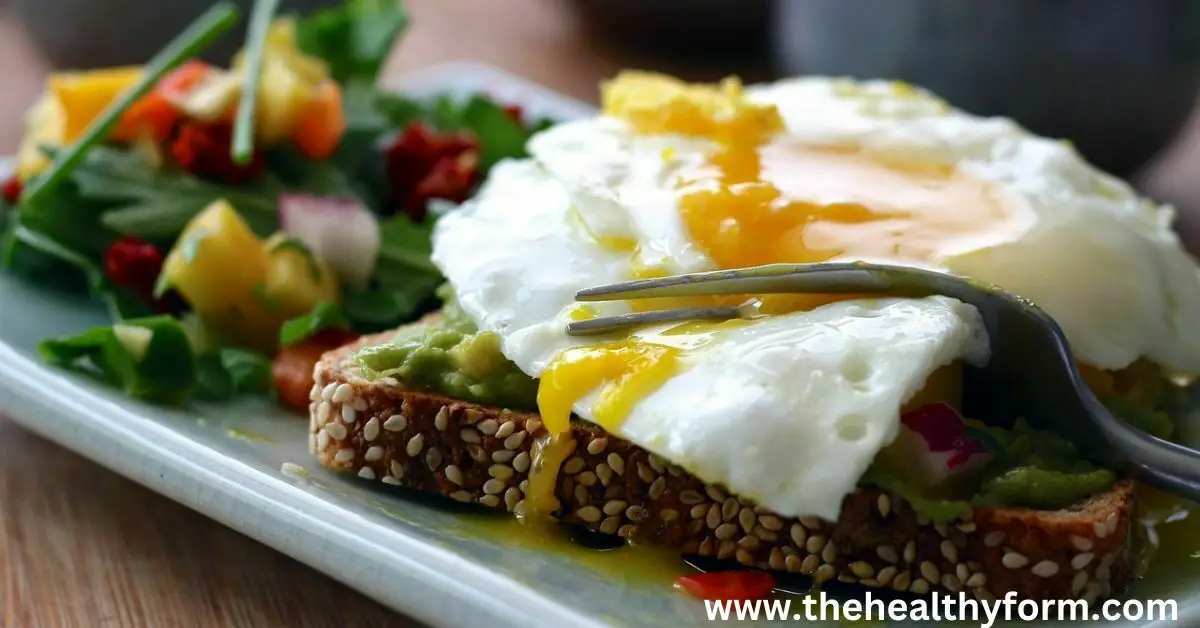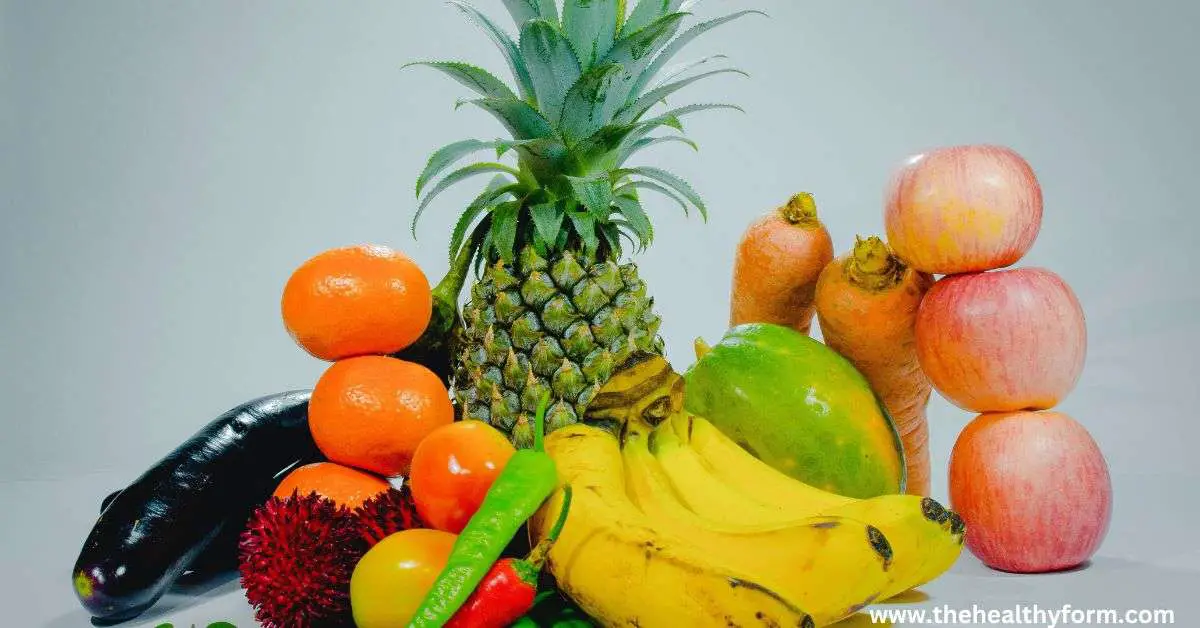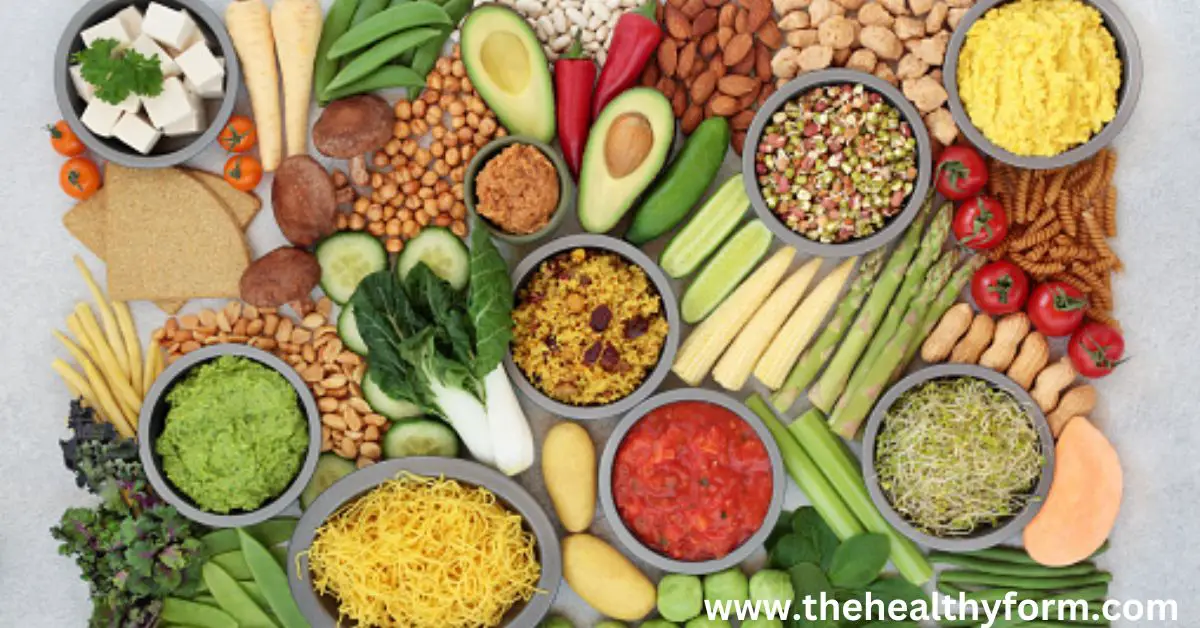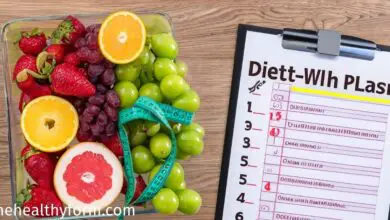Plant-Based Diets: A Comprehensive Review
Discover the benefits of plant-based diets for your health and the environment. A plant-based diet is rich in vegetables, fruits, whole grains, legumes, and nuts and can help reduce the risk of chronic diseases such as heart disease, diabetes, and cancer. Learn how to transition to a Plant-Based Diet and try delicious, nourishing recipes to get you started. A plant-based diet is a type of diet that emphasizes consuming foods that are derived from plants, including vegetables, fruits, grains, legumes, nuts, and seeds. Plant-based diets can vary and include different plant-based eating patterns, such as vegan, vegetarian, and flexitarian.

What Is a Plant-Based Diet?
A plant-based diet is a kind that underlines devouring food sources obtained from plants, including vegetables, natural products, grains, vegetables, nuts, and seeds. Plant-based diets can fluctuate and incorporate various plant-based eating designs, like veggie-lover, vegan, and flexitarian. Veggie lover abstains from food bar every creature item, including meat, dairy, and eggs, while vegan slims down by rejecting meat but may incorporate other creature items. Flexitarian abstains from food are plant-based slims down that incorporate incidental creature items.
What Are the Benefits of a Plant-Based Diet?
There are some potential medical advantages related to following a plant-based diet. A few potential advantages incorporate the following:
Weight reduction: Plant-based diets might be related to weight reduction because of their high fiber, supplement content, and low-calorie thickness.
Diminished hazard of ongoing infections: Plant-based diets might be related to a decreased gamble of constant sicknesses, like coronary illness, type 2 diabetes, and certain diseases, because of their high supplement content and low admission of undesirable substances, like immersed fat and cholesterol.
Further developed absorption: Plant-based diets might further develop processing because of their high fiber content, which can assist with advancing normal defecations and forestall blockage.
Further developed glucose control: Plant-based diets might further develop glucose control because of their low glycemic record and high fiber content, which can assist with easing back glucose ingestion into the circulatory system.
What Are Some Plant-Based Sources of Protein?
Protein is an effective supplement essential for developing, fixing, and supporting tissues in the body. Some plant-based wellsprings of protein include:
Vegetables: Vegetables, like beans, lentils, and chickpeas, are high in protein and can be a decent wellspring of plant-based protein.
Nuts and seeds: Nuts and seeds, like almonds, chia seeds, and flax seeds, are high in protein and can be a decent wellspring of plant-based protein.
Tofu: Tofu, produced using soybeans, is high in protein and can be a decent wellspring of plant-based protein.
Grains: A few grains, for example, quinoa and oats, are high in protein and can be a decent wellspring of plant-based protein.

What Are the Best Plant-Based Sources of Calcium?
Protein is a critical enhancement fundamental for turning events, fixing, and backing tissues in the body. Some plant-based wellsprings of protein include:
Vegetables: Vegetables, like beans, lentils, and chickpeas, are high in protein and can be a respectable wellspring of plant-based protein.
Nuts and seeds: Nuts and seeds, similar to almonds, chia seeds, and flax seeds, are high in protein and can be a respectable wellspring of plant-based protein.
Tofu: Tofu, delivered utilizing soybeans, is high in protein and can be a fair wellspring of plant-based protein.
Grains: A couple of grains, for instance, quinoa and oats, are high in protein and can be a respectable wellspring of plant-based protein.

How Do I Follow a Plant-Based Diet?
There are a couple of key advances that can assist you with following a plant-based diet:
Plan your dinners and bites: It tends to be useful to design your feasts and snacks to guarantee a reasonable and nutritious eating regimen. Consider integrating plant-based proteins, like vegetables, nuts, seeds, and tofu, into your dinners and tidbits.
Know supplement needs: It is critical to guarantee you get every one of the supplements your body needs on a plant-based diet. This might incorporate focusing on your admission of protein, iron, calcium, and vitamin B12, as these supplements might be more difficult to get from a plant-based diet.
Think about supplements: Contingent upon your particular requirements and dietary propensities, you might have to make enhancements to guarantee you get every one of the supplements your body needs.
Look for direction: On the off chance that you are new to following a plant-based diet, it very well may be useful to look for direction from a medical care proficient or an enrolled dietitian to guarantee you get every one of the supplements your body needs.
Plant-Based Meal Planning
The following are a couple of ways to design dinners on a plant-based diet:
Make a rundown of your number one plant-based food varieties: Consider making a rundown of your #1 plant-based food sources, like vegetables, organic products, grains, vegetables, nuts, and seeds, to assist you with arranging your feasts.
Try different things with various plant-based proteins: A wide range of plants to browse, like vegetables, nuts and seeds, and tofu. Explore different avenues regarding plant-based proteins to find what you appreciate most.
Incorporate an assortment of plant-based food sources: It is vital to incorporate an assortment of plant-based food sources in your eating regimen to guarantee that you get every one of the supplements your body needs. Consider consolidating a scope of vegetables, organic products, grains, vegetables, nuts, and seeds into your dinners.
Attempt new recipes: Trying different things with new plant-based recipes can be a tomfoolery and flavorful method for integrating more plant-based food sources into your eating routine. Consider evaluating new plant-based recipes or adjusting your number one recipes to be plant-based.
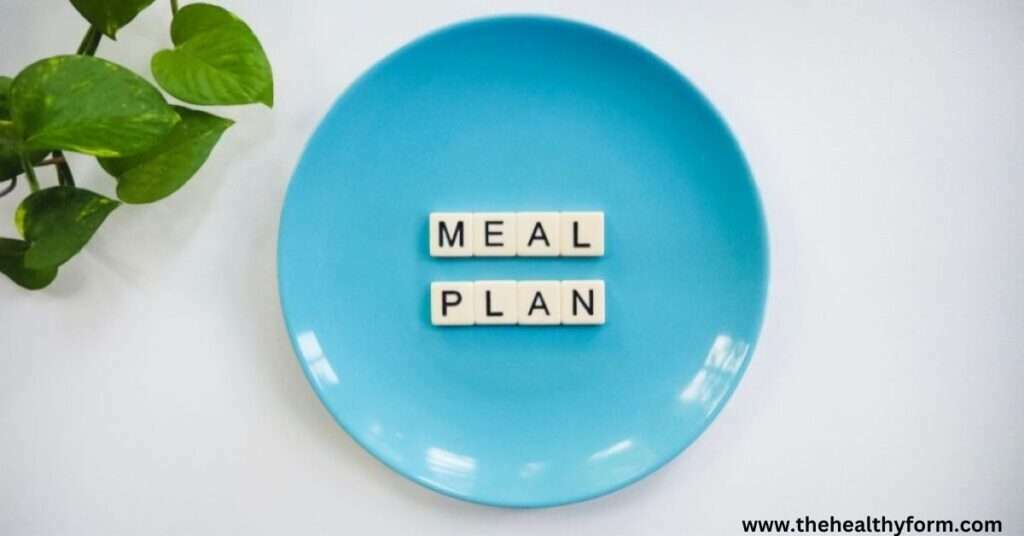
How Do I Get Enough Protein on a Plant-Based Diet?
There are many plant-based wellsprings of protein that you can remember for your eating regimen to guarantee that you are getting sufficient protein. A few ways to get sufficient protein on a plant-based diet include:
Consolidate an assortment of plant-based proteins: There are many plant-based proteins to browse, like vegetables, nuts and seeds, and tofu. Integrating an assortment of plant-based proteins into your eating routine can assist with guaranteeing you get sufficient protein.
Incorporate protein-rich food varieties at every dinner: Incorporate protein-rich food sources and snacks to assist with meeting your protein needs.
Consider protein powders and enhancements: Contingent upon your particular necessities and dietary propensities, you might take protein powders or enhancements to meet your protein needs.
Look for direction: If you are worried about getting sufficient protein on a plant-based diet, it may be useful to look for direction from a medical care proficient or an enlisted dietitian to guarantee you get every one of the supplements your body needs.
Plant-Based Diet Nutrition: Tips to Ensure Adequate Nutrient Intake
It is critical to guarantee that you get every one of the supplements your body needs on a plant-based diet. A few ways to guarantee that you are getting an adequate number of supplements on a plant-based diet include:
Incorporate an assortment of plant-based food sources: Integrating an assortment of plant-based food sources into your eating routine can guarantee you get every one of the supplements your body needs.
Focus on supplement needs: A few supplements, like protein, iron, calcium, and vitamin B12, might be more difficult to get from a plant-based diet. Focus on your admission of these supplements and consider consolidating invigorated food sources or enhancements on a case-by-case basis.
Look for direction: If you are worried about getting adequate supplements on a plant-based diet, it tends to be useful to look for direction from a medical care proficient or an enrolled dietitian to guarantee you get every one of the supplements your body needs.
FAQs about Plant-Based Diets
Here are some of the most common questions people have about plant-based diet are:
Can a plant-based diet be expensive?
A plant-based diet can be affordable, depending on food choices and preparation methods. Whole plant foods like beans, lentils, whole grains, and seasonal produce can be affordable, while some plant-based processed foods and meat alternatives can be more expensive.
Will I feel hungry on a plant-based diet?
A well-planned plant-based diet can provide adequate satiety and satisfaction. Plant foods are generally high in fiber, which can help you feel full and satisfied. Including various plant-based protein sources and healthy fats can also help you feel satisfied and full.
Can a plant-based diet provide enough nutrients?
A plant-based diet can provide all the nutrients your body needs if you consume various whole plant foods and pay attention to nutrient needs like protein, iron, calcium, vitamin D, vitamin B12, and omega-3 fatty acids. Some people may need to supplement with certain nutrients like B12 or vitamin D, especially if they don’t get enough from their diet.
Is a plant-based diet the same as a vegan diet?
A plant-based and vegan diets are similar in that they both emphasize plant foods and minimize or exclude animal products. However, a vegan diet typically excludes all animal products, including meat, dairy, eggs, and honey, while a plant-based diet may allow for some animal products in small amounts.
Conclusion
Plant-based eats less underscore devouring food varieties from plants, including vegetables, organic products, grains, vegetables, nuts, and seeds. Numerous potential medical advantages are related to following a plant-based diet, including weight reduction, the decreased hazard of ongoing illnesses, further developed processing and further developed glucose control. There are many plant-based wellsprings of protein and calcium, and there are many advances that you can take to guarantee that you are getting every one of the supplements that your body needs on a plant-based diet, like arranging your feasts, focusing on supplement needs, and looking for direction.

